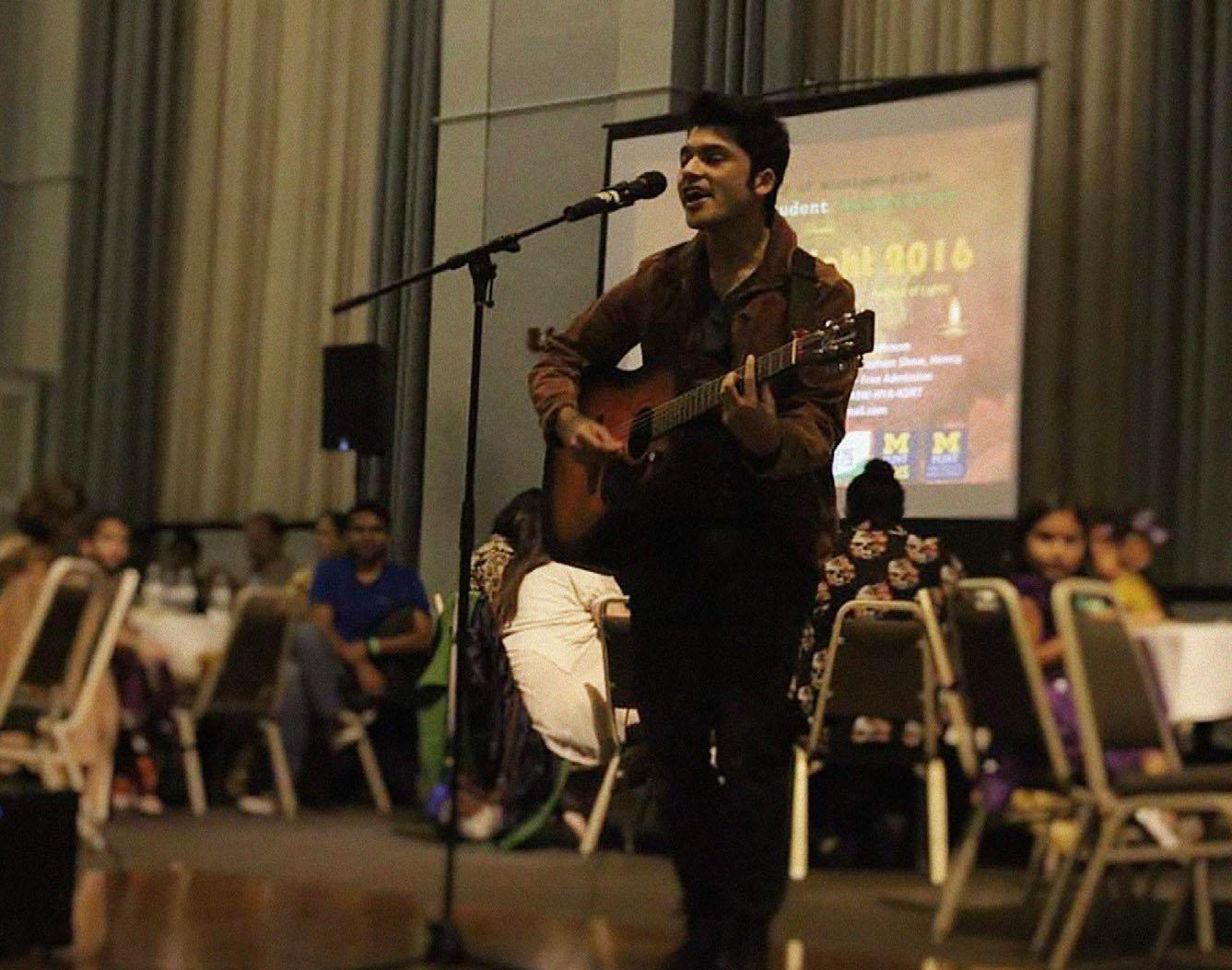
4 minute read
Realizing Higher Education Dreams
from July/August 2021
ByRUPALI VERMA
There was a time when students from small towns in India planning to pursue higher education at U.S. universities would have been called daydreamers. However, times have changed and so has the outlook of students and parents. An increasing number of parents are willing to help realize the dreams of their children who, through the world-class education they receive at U.S. institutions, gain the ability to elevate not only themselves but their families too.
Increased internet connectivity and smartphone proliferation have helped students across India access the information they need to pursue their dreams of an international higher education degree. With close to 200,000 Indians studying at U.S. universities in 2019-20, the United States remains the most popular international study destination for Indians. The transition to a new culture, being away from home and acclimating to a new environment is never easy. However, students from small towns have shown resilience, dedication and persistence and are now global citizens contributing to an interconnected world and spreading the knowledge they have acquired from their studies in the United States. Here are a couple of student stories, which show that while U.S. higher education is aspirational, it is also accessible and attainable. Born and brought up in Palampur, Himachal Pradesh, Nickxit Bhardwaj chose the University of Michigan-Flint, to pursue his higher studies. According to Bhardwaj, his parents were supportive of his plans but had several apprehensions related to funding, cultural adjustment and readjustment upon completing the degree and returning to India. After meeting advisers at EducationUSAand attending a series of sessions and university fairs, they felt reassured and took on the challenges of the application process. Like
Student stories many other students, Bhardwaj initially dreamt of studying at an Ivy Leagueon how U.S. university but after delving deeper into his higher education priorities, his overall profile and funding is aspirational needs, he expanded his focus to universities across the United States that matched his but also requirements and aspirations. accessible and “The U.S. education system is vast and there are schools for every type of individual,”attainable. says Bhardwaj. Therefore, it’s important to
EducationUSA India
https://educationusa.state. gov/country/in
University of Michigan-Flint
https://www.umflint.edu
Drexel University
https://drexel.edu
Jessica Pittenger/Courtesy Flickr

Matt Rourke © AP Images

explore a judicious mix of universities that might be the right fit, he advises. Take into account college communities, program accreditation, research opportunities, social life, class size, music and arts, professor-tostudent ratio and internship or job opportunities.
“There are good and bad people everywhere. Depending on what sources of information you get, your opinions could be swayed in a certain direction,” he adds. Bhardwaj says he didn’t truly experience a culture shock in the United States. “I just found the slang, words and ways of doing things interesting,” he says. “Many Indian students are shy about the Indian ethnicity. However, I was shocked to see how Americans and others love to learn about your
Below: Born and brought up in Palampur, Himachal Pradesh, Nickxit Bhardwaj chose the University of Michigan-Flint (left), to pursue his higher studies. Bottom: Aman Aggarwal from Khurja, Uttar Pradesh, recently got his bachelor’s degree in computer science from Drexel University in Pennsylvania (below left).
culture. I have taken every opportunity to talk about India’s rich heritage, culture and diversity of natural landscape.”
Aman Aggarwal from Khurja, Uttar Pradesh, researched his options and shortlisted institutions that would not only provide highquality education but also had a history of awarding scholarships and funding to deserving international students. Aggarwal recently got his bachelor’s degree in computer science, with a minor in social entrepreneurship, from Drexel University in Pennsylvania, and received scholarships in all four years of his degree program.
“I wanted to explore various courses outside of my major and get a well-rounded education,” says Aggarwal. “At Drexel University, the curriculum was flexible enough for me to pursue my interests in entrepreneurship and social causes through a minor while gaining a strong engineering foundation. In addition to the career opportunities through their co-op program, the university offered me scholarships.”
Aggarwal landed a job at Microsoft after graduation and his long-term plan is to continue working at Microsoft, gain insights into the technology industry and finally start a social entrepreneurship venture to use technology to transform fields such as agriculture, finance and education in India. He believes that prospective students should take calculated risks and follow their passion. “You will gain social and intellectual capital,” he says, “that is far more important than getting 4.0s or 100 percent grades.”
Rupali Verma is an EducationUSA adviser at United States-India Educational Foundation, New Delhi.

Courtesy Nickxit Bhardwaj


Courtesy Aman Aggarwal










